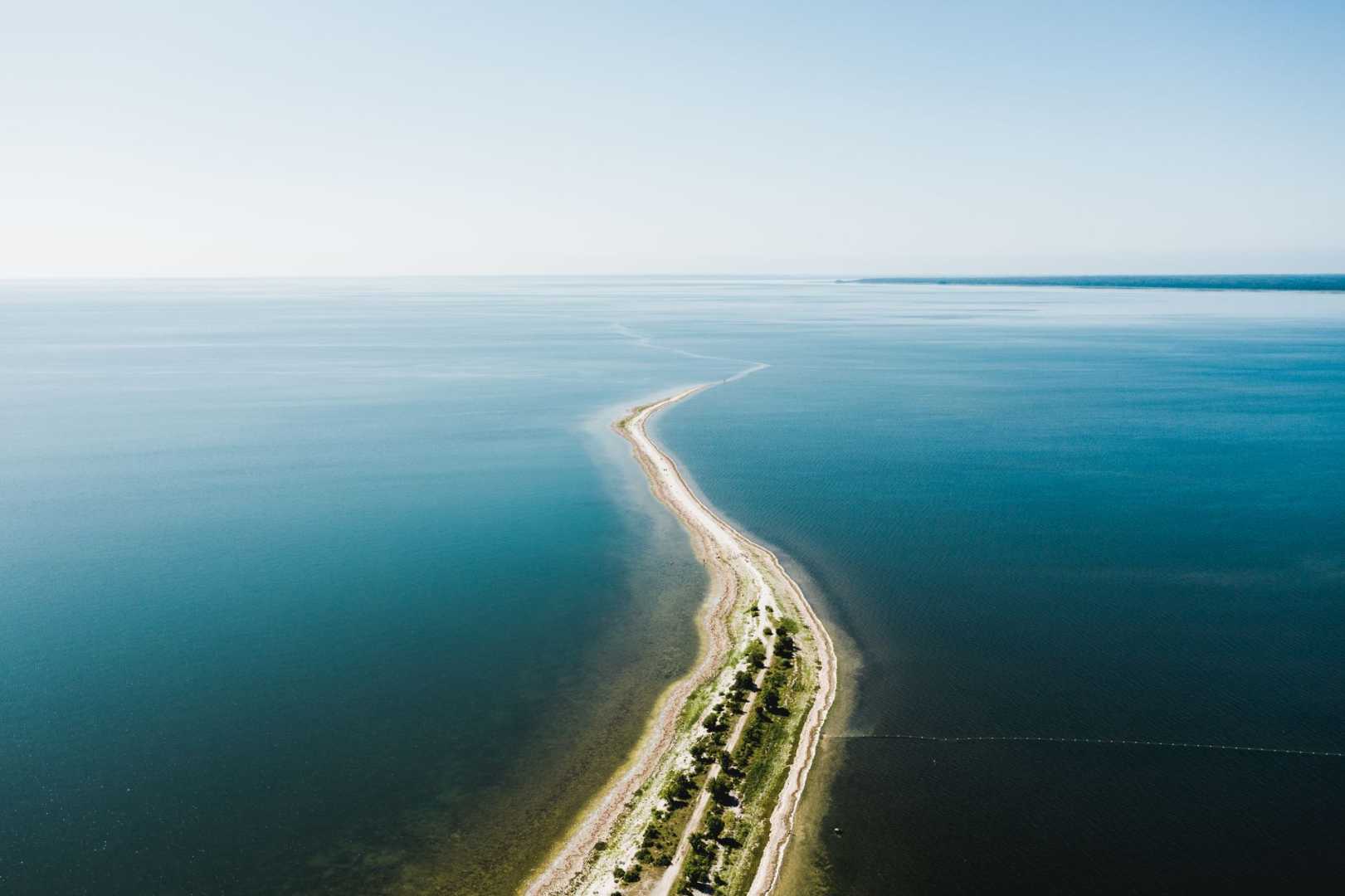News
Estonian Researchers Explore Seawater Heat for Urban Heating

Amid rising global temperatures and a pressing need for sustainable energy, oceans are increasingly seen as untapped reservoirs of renewable resources. A recent report from the Copernicus programme underscores how oceans worldwide are experiencing rapid, and in some cases devastating, changes – such as marine heatwaves covering 22% of the global ocean surface in 2023 alone.
But amid these challenges, opportunities also emerge. One promising venture is unfolding in Estonia, where researchers at Tallinn University of Technology – also known as TalTech – are exploring the Baltic Sea as a source of thermal energy for urban heating.
Researchers from TalTech’s Institute of Marine Systems, who contributed to the report, have been studying the potential of using seawater heat in Tallinn Bay to power heat pumps. This innovative approach could offer a significant solution to Estonia’s energy independence goals, leveraging the relatively stable water temperatures at deep layers of the Baltic Sea – even during winter months when heating needs are highest.
Unlike geothermal energy, which relies on the heat stored beneath the Earth’s surface, seawater heat pumps draw energy from the difference between water temperatures. “Tallinn is one of the most favourable locations for seawater heat of the major cities in the Baltic Sea,” emeritus professor Jüri Elken, a lead researcher on the project, said. The Baltic’s depth profile near Tallinn allows for efficient access to seawater at 50 metres or more, just a few kilometres offshore.
However, while this method holds great promise, the logistics are complex. To generate sufficient heat in winter months, the system must process large volumes of seawater, potentially creating underwater pipe flows of several cubic meters per second. In addition, the environmental impact, particularly regarding the discharge of nutrient-rich water, must be carefully managed to avoid worsening eutrophication – a chronic issue for the Baltic Sea.
Estonia’s exploration of seawater heat taps into a wider international push to harness marine energy for sustainable urban living. Around the world, coastal cities are looking to the sea to meet their energy demands. In Stockholm, for example, seawater heat pumps have been used to supplement district heating systems since the 1980s, providing a model for northern Europe. Similarly, in Marseille, France, the “Thassalia” project – a pioneering seawater heat system – powers homes and offices across the city’s waterfront.
Estonia’s strategy fits into this global framework but also offers unique advantages. The Baltic Sea, though colder than Mediterranean waters, maintains stable temperatures that make it an ideal candidate for heat extraction in the winter months. The proximity of the deep sea to Tallinn’s major consumers reduces infrastructure costs, making the system more economically viable.
Despite the potential, challenges remain. Seawater heat systems require careful balancing of energy efficiency, environmental impact, and costs. As senior researcher Ilya Malyutenko noted, “One of the issues to be considered is the environmental impact of such deep-water pumping.” Releasing nutrient-laden water back into the sea could intensify existing problems, including harmful algal blooms that deplete oxygen levels and threaten marine ecosystems.
Some Estonian companies, such as Utilitas AS, have already begun exploring the commercial applications of seawater heat, with early studies underway in the Hundipea district – a proposed climate-neutral urban zone in Tallinn. But, as Rivo Uiboupin, the director of the Institute of Marine Systems at TalTech, pointed out, public sector research is essential to the success of these initiatives.
Uiboupin’s team is currently working on a “Marine Renewable Energy Digital Twin” project, mapping out Estonia’s coastal waters to identify viable marine energy resources. Supported by the Ministry of Environment, this initiative aims to bridge the gap between scientific research and business interests.
While the environmental and logistical challenges must be addressed, the potential benefits of tapping into the Baltic Sea’s energy are immense. If successful, Estonia’s approach could offer a blueprint for other coastal nations seeking to mitigate the impacts of climate change while meeting growing urban energy demands. And in a world where oceans are increasingly at risk, using them responsibly as a source of renewable energy may well be part of the solution.












